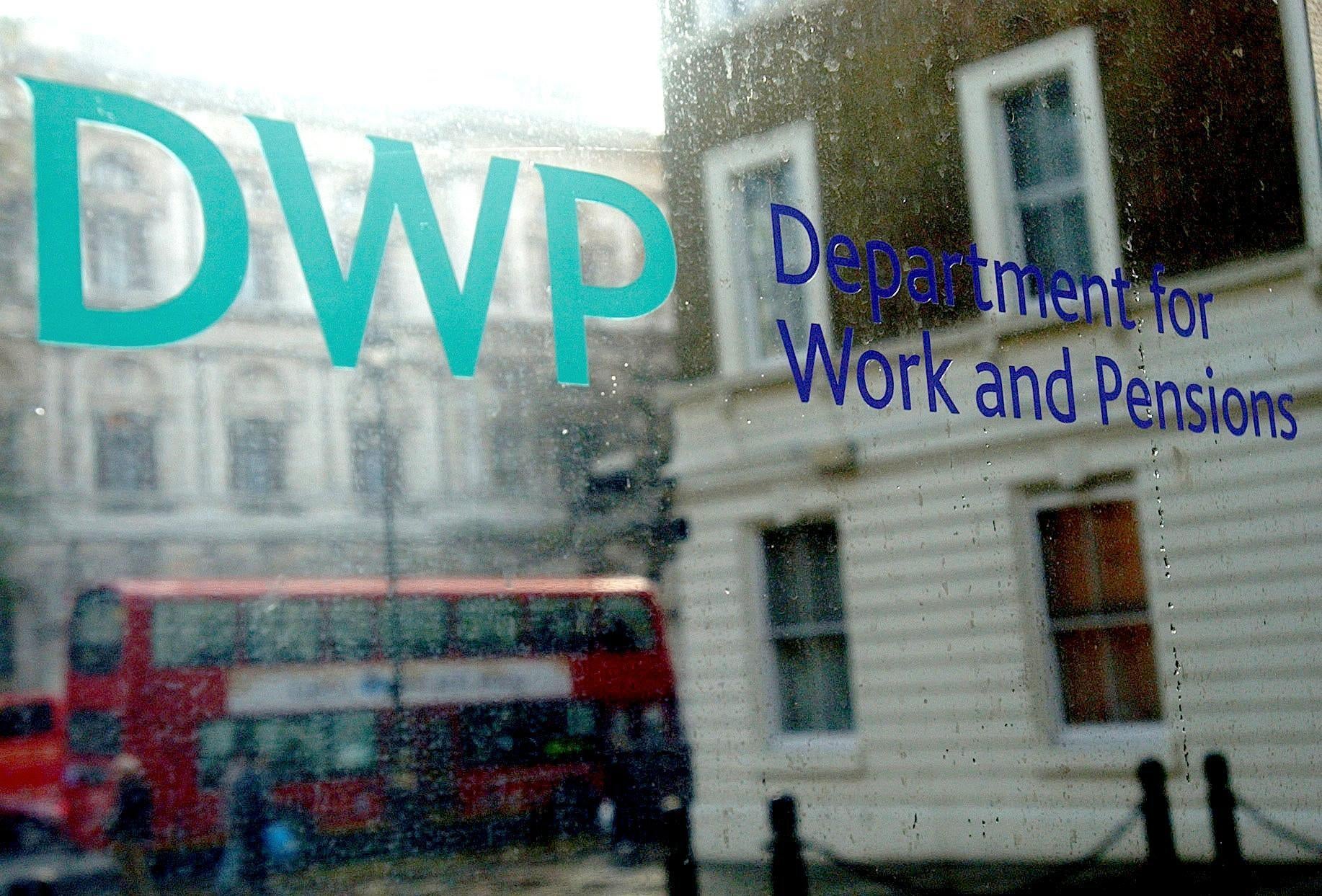Plan to move legacy claimants on to Universal Credit ‘too dangerous to continue’
The incomes of more than 700,000 people with mental health problems, learning disabilities and dementia could be put at risk, charities have warned.

Your support helps us to tell the story
From reproductive rights to climate change to Big Tech, The Independent is on the ground when the story is developing. Whether it's investigating the financials of Elon Musk's pro-Trump PAC or producing our latest documentary, 'The A Word', which shines a light on the American women fighting for reproductive rights, we know how important it is to parse out the facts from the messaging.
At such a critical moment in US history, we need reporters on the ground. Your donation allows us to keep sending journalists to speak to both sides of the story.
The Independent is trusted by Americans across the entire political spectrum. And unlike many other quality news outlets, we choose not to lock Americans out of our reporting and analysis with paywalls. We believe quality journalism should be available to everyone, paid for by those who can afford it.
Your support makes all the difference.More than 20 charities have urged the Government not to resume moving people receiving older benefits on to Universal Credit unless it can guarantee nobody’s income will be cut off during the cost-of-living crisis.
Groups have written to Work and Pensions Secretary Therese Coffey warning that plans to move legacy benefit claimants on to the new system are “too dangerous to continue”.
They say the incomes of more than 700,000 people with mental health problems, learning disabilities and dementia could be put at risk, and that the consequences of having benefits halted could be “devastating and life-threatening”.
In a written statement submitted to the House of Commons on April 25, Ms Coffey said she is “absolutely committed to making this a responsible and safe transition”.
From Monday, the Department of Work and Pensions (DWP) will restart “managed migration” of people on benefits such as Employment and Support Allowance (ESA) and Working Tax Credit on to the new system.
The DWP’s managed migration plans could leave people with mental health problems with no income. Those too unwell to engage with the DWP could be left unable to pay their rent, buy food, or pay their rising energy bills
The process was paused during the pandemic. The Government hopes to phase everyone on to the new system by the end of 2024.
Claimants will be given a minimum of three months’ notice that they need to make a Universal Credit claim and given the number for a helpline.
The charities said that if people do not apply by the deadline, the DWP will be able to stop their existing claim.
They also said it is “unacceptable” that the Government will trial the process using 500 people as “guinea pigs”.
In the letter to Ms Coffey, the groups wrote: “We believe that your approach for moving people receiving older benefits on to Universal Credit risks pushing many of them into destitution.
“We ask you to consider the devastating consequences for someone who faces challenges in engaging with the process having their only income cut off, especially during this cost-of-living crisis.”
Over five million people are already supported by Universal Credit. It is a dynamic system which adjusts as people’s earnings change, is more generous overall than the old benefits, and simplifies our safety net for those who cannot work
Paul Farmer, chief executive of Mind and a signatory, said: “The DWP’s managed migration plans could leave people with mental health problems with no income.
“Those too unwell to engage with the DWP could be left unable to pay their rent, buy food, or pay their rising energy bills.
“During a cost-of-living crisis, this could put the entire incomes of over 700,000 people with mental health problems, learning disabilities and dementia at risk. This is completely unacceptable.
“The DWP should halt this process until they can guarantee they will not stop anyone’s old benefits until they have successfully made a claim to Universal Credit.”
He said the department must take responsibility for helping people navigate the “complicated system”.
DWP research from 2018 showed that almost a quarter of people with long-term health conditions could not register a claim for Universal Credit online, while 53% said they needed more support setting up the claim.
A spokesman said: “Over five million people are already supported by Universal Credit.
“It is a dynamic system which adjusts as people’s earnings change, is more generous overall than the old benefits, and simplifies our safety net for those who cannot work.
“Roughly 1.4 million people on legacy benefits would be better off on Universal Credit, with top up payments available for eligible claimants whose Universal Credit entitlement is less.”